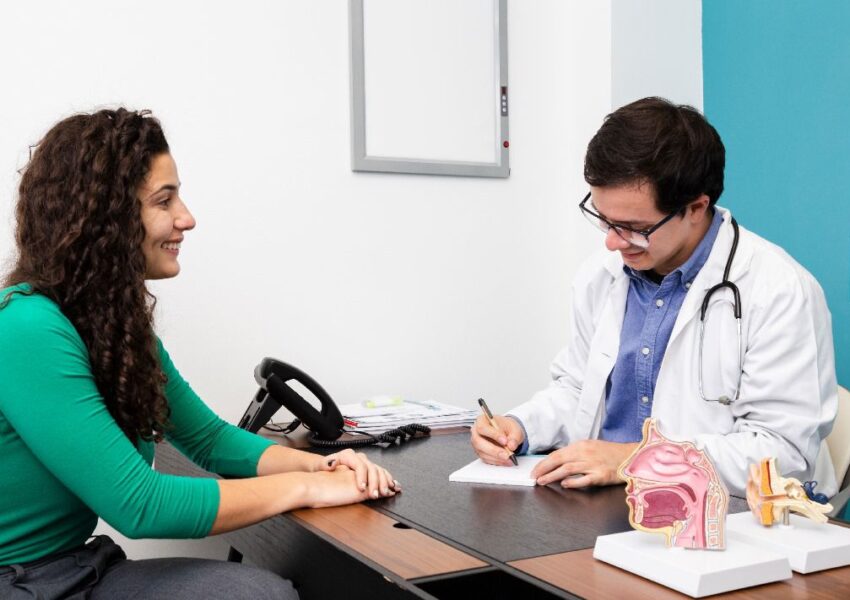
Views: 665
Once you complete the FRCR part 1 and part 2A, the next move is to pass the FRCR Part 2B exam. This is the exam that stands between you and your FRCR qualification. The qualification that will allow you to get GMC registration and apply to NHS radiologist positions.
FRCR part 2B is a practical exam with the following components
Rapid Reporting
Long Cases
Oral Examination
The rapid testing section ensures that you know how to respond quickly in emergencies. This is done taking into account that radiology is often necessary in trauma cases. Long reporting ensures you can create and submit good written reports after observing clinical cases. Lastly, the oral examination (viva) at the end is about proving your observation, interpretation, and communication skills. Read on to be aware of how to prepare for the exam.
Exam Preparation
The FRCR Part 2B is extremely challenging and even nerve-wracking. The key to passing is to prepare early. Find below a few preparation tips.
Online Mock Exams
Mock exams will help you familiarize yourself with the exam content, the structure of questions, and timings. Do as many as you can for this reason.
Reading
Reading a range of books and articles will help broaden your knowledge. The more you know, the better your answers will be.
Find below two books that are ideal for your exam preparation:
Rapid Review of Radiology (Medical Rapid Review Series); S. et al. 2010
Long cases for the Final FRCR 2B (Oxford Speciality Training: Revision Texts); Hanlon, R. 2011
Practice, Practice, Practice
Practicing questions is the key to passing this exam. The oral examination totally demands serious practice. It is not just about having knowledge but how it is delivered too. Practicing with a mentor and asking for feedback will help hone your communication skills and provide better answers.
On the day of the FRCR exam, you should speak clearly and confidently. You will receive far better marks for a clear and concise answer as it is a practical exam. The best way to go about the exam is to act as if it is a typical day at work. Consider every clinical scenario as real and respond as you would in a clinical setting.
Hope you found this information helpful. All the best for your FRCR exam!!
By : admin


